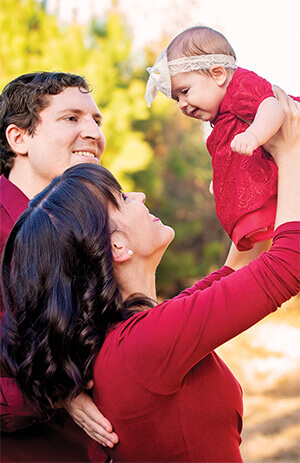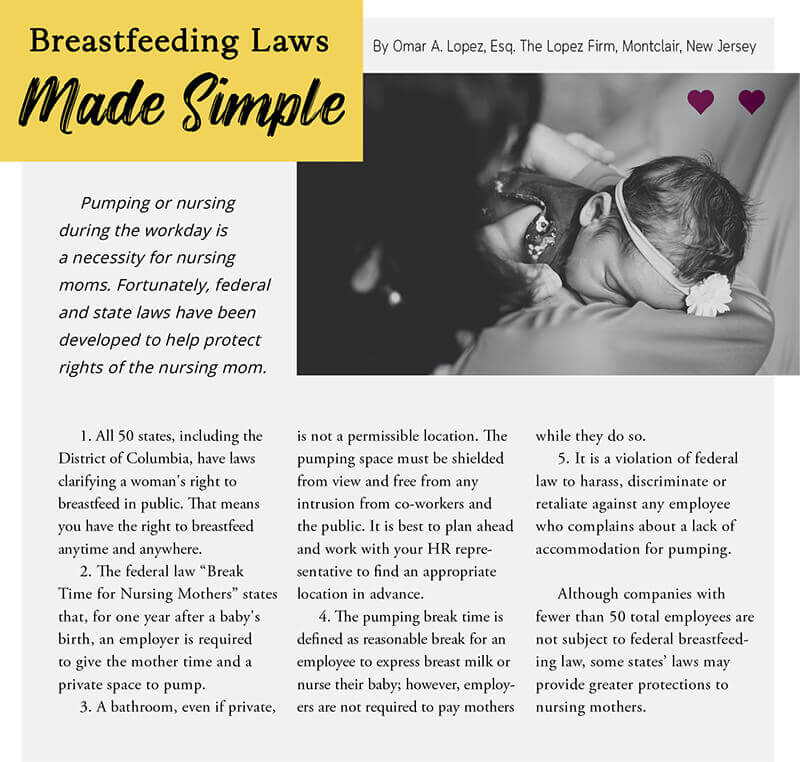Before Dr. Sara Pilgrim gave birth to her daughter, Leah Grace, in August 2018, she had decided she wanted to breastfeed. As a medical professional, she was confident that breast milk would provide the best nourishment for her precious baby. However, like many other mothers, Dr. Sara was soon met with the reality of breastfeeding; it can be extremely challenging—especially when returning to work in a busy practice. But the special bond that breastfeeding provides with her baby makes it all worth it, and she is now passionate about advocating breastfeeding for other moms in the veterinary profession.
Dr. Sara tells us all about her breastfeeding journey:
What was your biggest challenge breastfeeding?

Have you experienced any bias because of breastfeeding?
I think the public is gradually becoming more accepting of breastfeeding, but there is still work that needs to be done. Breasts are so over-sexualized in our culture that many people still think of breastfeeding as something that needs to be hidden away, either under a nursing cover or in a special nursing room, like the one at church I am expected to go to every time my baby gets hungry during a church service. In many other cultures, no one looks at you twice when you use your breasts for the very purpose they were designed for—feeding babies! How great would it be if our culture could get to this point, too?
Do you have advice for those considering breastfeeding?
Read as much as you can about breastfeeding before you have the baby! I spent a lot of time learning about giving birth, but I naively thought that breastfeeding would “just come naturally,” and I was not very well informed about the problems we ended up having. Also, find a good lactation consultant! I was lucky enough to give birth at a hospital where follow–up lactation appointments were provided for free. I took full advantage of these appointments during my maternity leave, and I think they are a huge reason that I’m still successfully breastfeeding today, despite all the challenges we faced.
What surprised you most about breastfeeding?
The biggest surprise about breastfeeding for me was how much hard work it is! You have to pay constant attention to your breasts to make sure you aren’t getting any clogged ducts or mastitis. You have to pump every 3–4 hours at work when you are away from your baby, and when you have oversupply like me, sometimes you have to pump at home too! You have to keep up with storing all that expressed milk properly. We even had to buy a deep freezer because it was taking up all the space in our regular freezer. Some people want to breastfeed because they think it will be easier than formula, and in some ways, it is. But there is lots of hard work involved in feeding a baby no matter what method you choose.
What do you want others in a work environment to know about breastfeeding moms?
I encourage them to educate themselves about breastfeeding. If we miss one pumping session, our breasts can fill with milk and become extremely painful. If we regularly miss pumping breaks, we cannot maintain a good milk supply for our babies. We need our coworkers to be considerate, respectful and supportive of our pumping time. +



